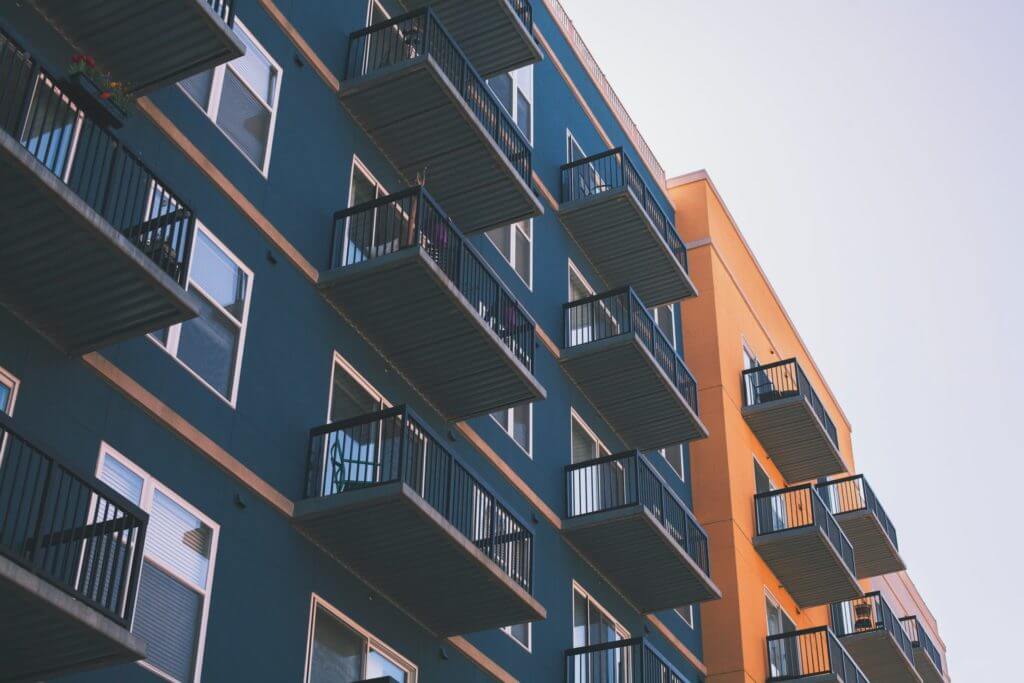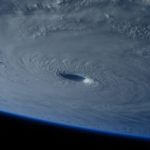
The 2020 hurricane season is off to a fast start, with what many experts believe may result in as many as 19 predicted named storms. Hurricanes are always troubling for coastal business owners and landlords, who must best prepare their properties for this year’s active hurricane season. Examining the different steps that can be taken to help mitigate property damage can help landlords ensure their properties and livelihoods are protected.
The threat of hurricane season is nothing new for Texans and others along the Gulf Coast. Following powerful storms like 2017’s Hurricane Harvey, the 2020 hurricane season is anticipated to include storms with the potential to reach that magnitude again. Meteorologists at AccuWeather have monitored various influential factors, anticipating roughly 14-19 storms this season, making this an above average hurricane season, when the average is usually around 12 storms. The projections iestimate that seven to nine of the expected storms this year will become hurricanes and two to four additional storms could turn into major hurricanes similar to Harvey.
How Landlords Should Protect Their Properties
There are several different ways landlords can ensure their properties are protected against hurricanes this season, including:
Protecting Windows
Window protection in the form of storm shutters protects the windows of a business in the event of a powerful storm like a hurricane. These storms typically have incredibly powerful wind gusts that can move debris around and cause windows to break. While storm shutters can be purchased, business owners can also cut plywood to size in order to use it as a window covering. In the event of a hurricane, the plywood should be nailed to window frames until the storm passes.
Trimming Landscape
Tree branches, shrubs, and other landscaping outside of a business can cause serious damage during a storm. High wind speeds can cause plant life and other items to turn into projectiles that can cause property damage. Because of this, its important for landlords to assess their property’s trees for weak or broken limbs and remove them. Branches and shrubs should be trimmed back and any loose items like seating and signage typically left outside should be brought inside the property.
Sealing Holes and Gaps
The exterior of the property should be thoroughly examined for any holes or openings that could allow water inside. This typically includes gaps around doors and windows, holes in brick or siding, and even small spaces around vents, hoses, or electrical outlets. Caulk can be used to properly seal these gaps and keep any flooding outside of the property.
Conducting a Roof Inspection
A proper roofing inspection should be completed at least twice a year. These inspections ensure any broken or loose shingles are replaced, and close up any gapping around a roof’s ventilation system. Cracked caulk or rust spots, unusual amounts of wear and tear, as well as organic growth issues, and any potential problems that may have occurred during shingle installation or subsequent repairs are also examined.
Cleaning Clogged Gutters
In addition to the roof, a property’s gutters should be adequately examined to ensure they aren’t clogged in the event of a hurricane. Landlords should have leaves and debris that may have built up in the property’s gutters removed. If the gutters are indeed clogged, water will gather and eventually back up onto the roof, causing serious damage and even flooding inside the property.
Texas Hurricane Commercial Property Damage Attorneys
While many Texas residents are familiar with the proper safety measures to take when a hurricane happens, it’s important that landlords ensure their properties are thoroughly examined to protect their livelihood. With a busy hurricane season and ongoing disputes over COVID-19 insurance claims, business owners are being hit harder than ever. At Raizner Law, we have extensive experience in hurricane related claims and know the tactics insurers use to deny, delay, or grossly underpay claims. Contact us today to see how we can assist you with your hurricane property damage claim.


